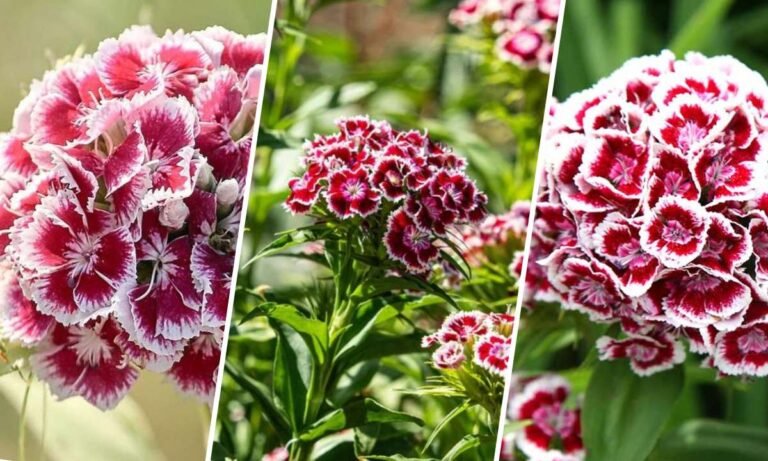Flowers have always been a significant part of human culture, symbolizing various emotions, virtues, and life stages. Among these, family flowers hold special importance as they represent the essence of familial bonds, heritage, and the relationships that connect us. In this discussion, we will explore the meanings of different family flowers, their historical significance, and their cultural implications.
The Symbolism of Family Flowers
Family flowers often stand for unity, love, and the continuity of family ties. These flowers are chosen for their ability to convey deep emotions and sentiments. Knowing their symbolism can help us understand their use in family gatherings, ceremonies, and as gifts.
Roses: Love and Respect
Roses are widely known for their association with family meanings. They symbolize love, respect, and admiration, with each color carrying a specific meaning:
- Red Roses: Represent deep love and respect, often given between spouses and close family members.
- White Roses: Symbolize purity and reverence, suitable for memorials and remembrance events.
- Yellow Roses: Stand for friendship and joy, typically shared among siblings and close relatives.
Lilies: Purity and Renewal
Lilies are popular family flowers, symbolizing purity, renewal, and the cycle of life. They are often used in weddings and funerals:
- White Lilies: Represent the purity of the soul and the hope of renewal.
- Stargazer Lilies: Symbolize ambition and encouragement, making them a thoughtful gift for family members starting new ventures.
Carnations: Affection and Gratitude
Carnations are deeply rooted in family traditions, symbolizing affection, gratitude, and remembrance:
- Pink Carnations: Represent a mother’s undying love, perfect for Mother’s Day.
- Red Carnations: Convey admiration and love, expressing deep family bonds.
- White Carnations: Associated with pure love and good luck, commonly used in family celebrations.
Cultural Significance of Family Flowers
Family flowers carry different meanings across various cultures, rooted in tradition and history.
Western Traditions
In Western cultures, flowers like roses, lilies, and carnations are integral to family-centric events, from celebrations to memorials. They are often found in family gardens, symbolizing the nurturing and growth of family bonds.
Eastern Traditions
In Eastern cultures, flowers like chrysanthemums and lotuses hold significant family symbolism:
- Chrysanthemums: In Chinese culture, they represent longevity and good fortune, used in family gatherings and ancestral worship.
- Lotuses: In Indian culture, they symbolize purity and enlightenment, common in family rituals and spiritual practices.
Hispanic Traditions
In Hispanic cultures, flowers like marigolds play a vital role, especially during Día de los Muertos (Day of the Dead). Marigolds, or cempasúchil, are believed to guide the spirits of the deceased back to their families, symbolizing the eternal connection between family members.
Historical Significance of Family Flowers
The historical significance of family flowers is rich and varied, with different flowers holding unique places in history.
Roses in History
Roses have been revered since ancient times, associated with love, war, and politics. The ancient Romans and Greeks used roses in ceremonies, symbolizing beauty and transience. In medieval Europe, roses were cultivated in monastery gardens, representing the Virgin Mary’s purity and compassion.
Lilies Through the Ages
Lilies have a storied past, especially in Christian iconography where they symbolize the Virgin Mary’s purity. In ancient Greece, lilies were linked to Hera, the goddess of marriage and family, further cementing their status as family flowers.
Carnations in Historical Context
Carnations have been cultivated for over 2000 years, with their use in family contexts dating back to ancient Greece and Rome. They were often woven into garlands and crowns for celebrations, symbolizing admiration and divine love.
Choosing the Right Family Flowers
When selecting family flowers, consider the message and emotion you wish to convey. Each flower has its unique meaning, and choosing the right one can enhance the sentiment behind your gesture.
Consider the Occasion
The occasion plays a significant role in selecting family flowers. For weddings, flowers like roses and lilies are popular for their associations with love and purity. For memorials, carnations and lilies are often chosen for their symbolism of remembrance and renewal.
Personal Preferences and Meanings
Personal preferences and the meanings attached to specific flowers should also guide your choice. If a particular flower holds special significance for your family, it can add a layer of personal connection to your gesture.
Caring for Family Flowers
Proper care for family flowers ensures they remain vibrant and meaningful for longer periods. Here are some tips for maintaining their beauty and freshness:
Watering and Feeding
Regular watering and appropriate feeding are crucial for keeping flowers healthy. Ensure that the soil remains moist but not waterlogged. Using flower food or a mixture of sugar and vinegar can help extend the lifespan of cut flowers.
Pruning and Deadheading
Pruning and deadheading are essential practices for maintaining the health of flowering plants. Removing dead or wilted flowers encourages new growth and helps maintain the overall appearance of the plant.
Sunlight and Temperature
Most family flowers thrive in well-lit areas with moderate temperatures. However, it is important to understand the specific needs of each flower type. For instance, roses prefer full sunlight, while lilies may require partial shade.
Conclusion
Family flowers hold profound meanings and are a beautiful way to express emotions, celebrate milestones, and honor loved ones. Understanding their symbolism, historical significance, and proper care can enhance their role in your family’s traditions and memories.





